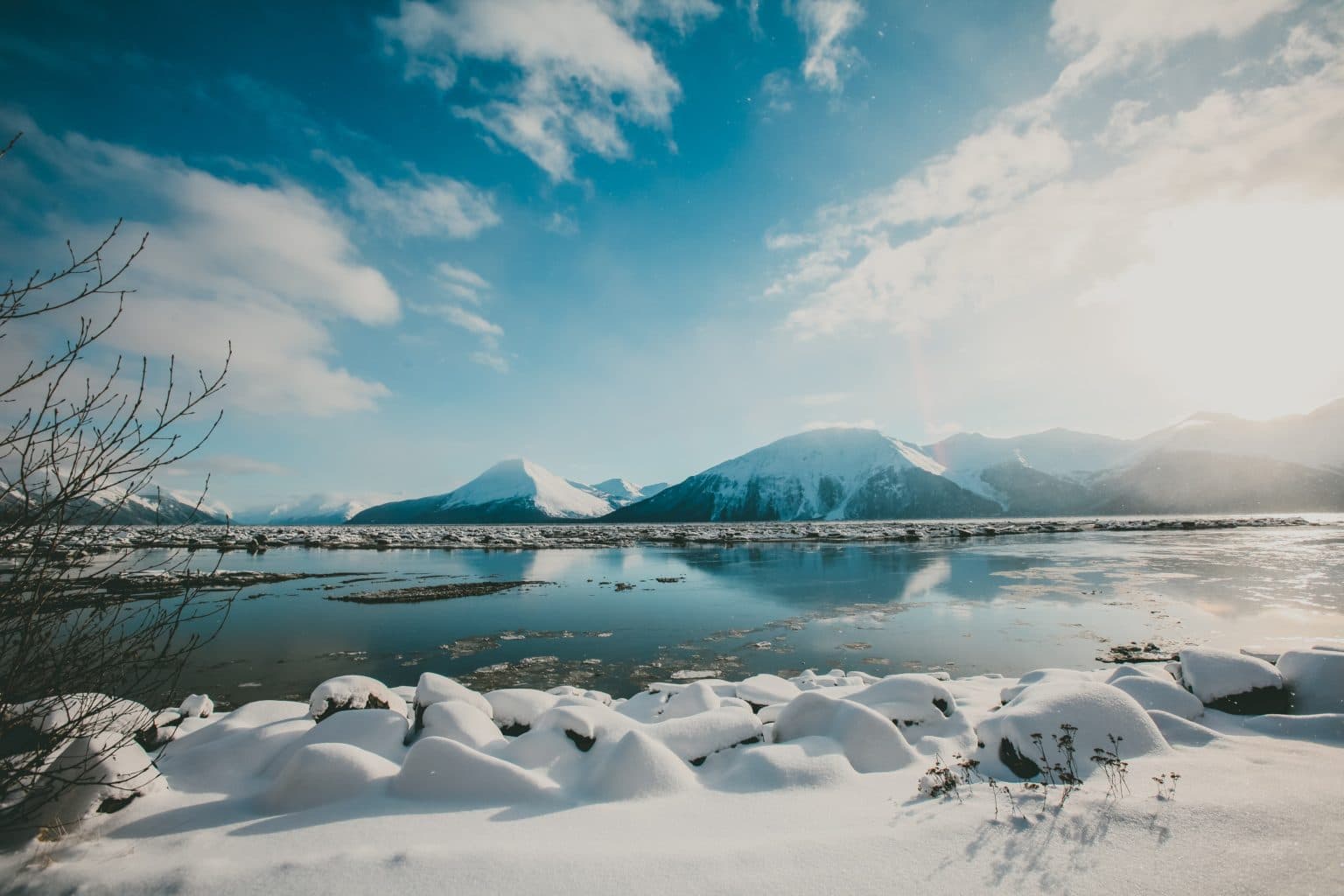The billboard project is expanding to Oregon
Alaska Native corporations win COVID-19 aid case

UPDATED: ‘The Court today affirms what the Federal Government has maintained for almost half a century: Alaska Native corporations are Indian tribes’
The Supreme Court ruled Friday that Alaska Native corporations are eligible for a portion of the coronavirus relief money.
The justices ruled 6-3 in the case, Yellen v. Confederated Tribes of the Chehalis Reservation et al., which involved the massive pandemic relief package passed last year and signed into law by then-President Donald Trump. The $2.2 trillion legislation earmarked $8 billion for “Tribal governments” to cover expenses related to the pandemic.
The question for the court was whether Alaska Native corporations, which are for-profit companies that provide benefits and social services to more than 100,000 Alaska Natives, count as “Indian tribes” as defined by the Indian Self-Determination Act and Education Assistance Act and the Alaska Native Claims Settlement Act. The high court answered yes.
Under the self-determination law, Alaska Native corporations have been able to receive federal funds intended for Indigenous populations throughout the past 45 years. This was not viewed as contentious in the past — a brief states that the “federal government’s treatment of ANCs as ISDEAA tribes has been neither anomalous nor sporadic” — and that it has been a “fundamental reality” for Alaska Natives for decades.
“The Court today affirms what the Federal Government has maintained for almost half a century: ANCs are Indian tribes,” wrote Justice Sonia Sotomayor for a group of both liberal and conservative members of the court.
The ANCSA Regional Association and Alaska Native Corporation Association cheered the decision.
“We are pleased to see the Court affirm Alaska Native corporations’ eligibility for CARES Act funds to help our people and communities recover from the devastating effects of COVID-19. Alaska’s economy is only now starting to recover, and these funds are needed to help our communities get back on their feet,” the associations said in a statement.
The case is important not only because of the amount of money it involves but also because Native Americans and Alaska Natives have been disproportionately affected by the pandemic.
Both the Trump and Biden administrations agreed that the corporations should be treated as tribes and that doing differently would be a dramatic departure from the status quo.
The federal government had set aside more than $530 million for Alaska Native corporations under the Coronavirus Aid, Relief, and Economic Security Act.
But after the CARES Act was passed, three tribal nations sued to prevent payments to Alaska Native corporations. They argued that under the language of the law, only federally recognized tribes qualify for the aid and Alaska Native corporations do not because they are not sovereign governments, as tribes are.
“Federally recognized tribes have undertaken extraordinary efforts to ensure continuity of government operations, maintain essential services and resources, and otherwise provide for the health and welfare of their communities throughout the COVID-19 crisis,” said the National Congress of American Indians in its brief to the court.
“This Court should ensure that the remaining Title V funds are reserved to support such efforts, not diverted to unrecognized entities with no such governmental responsibilities.”
Part of the issue for the court was that Alaska is unique. Unlike in the lower 48 states, Alaska Native tribes aren’t situated on reservations. Instead, Native land is owned by Alaska Native corporations created under a 1971 law. The for-profit corporations run oil, gas, mining and other enterprises. Alaska Natives own shares in the corporations, which provide a range of services from healthcare and elder care to educational support and housing assistance.
During the pandemic, these services were vital to many in the Alaska Native community. Some feared that a ruling against the Alaska Native corporations would negatively impact Alaska’s Indigenous populations and alter the tribal legal landscape.
“If ANCs are taken out of the equation, there are no organizations that could fill this void — state, federal, or tribal. There just aren’t,” said Stephanie Aicher, in-house counsel for Cook Inlet Regional, Inc., or CIRI, one of the 12 Alaska Native corporations, in a previous interview with Indian Country Today.
This is a developing story.
The Associated Press contributed to this report.
External
Identification not yet made
UTTC International Powwow attendees share their rules for a fun and considerate event
Radio collaboration highlights importance of cooperation in a season of funding cuts for local media
A memorial in the Snow County Prison, now the United Tribes Technical College campus
Standing Rock Sioux Tribal Chairwoman Janet Alkire tells crowd, ‘We’re going to rely on each other’







